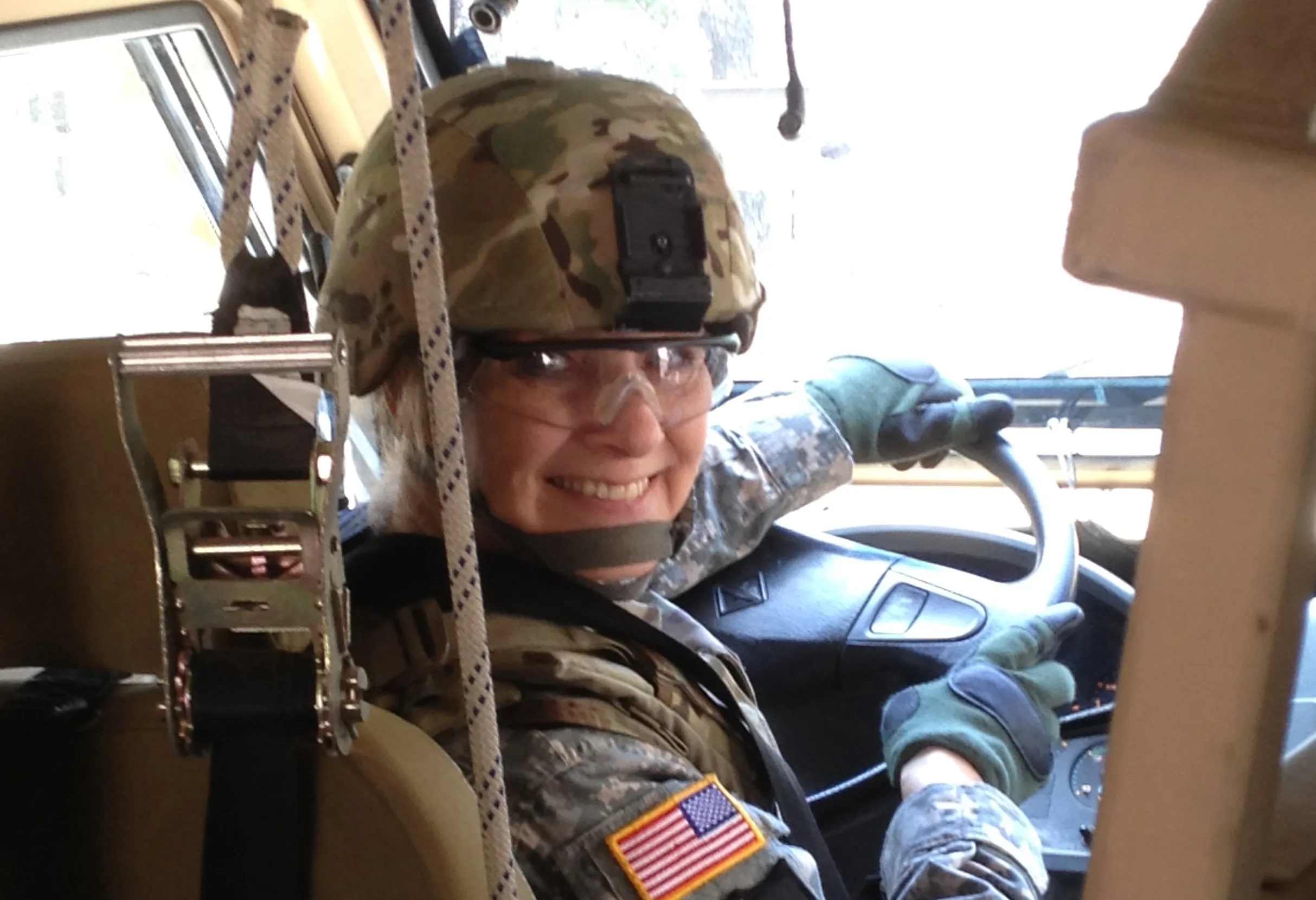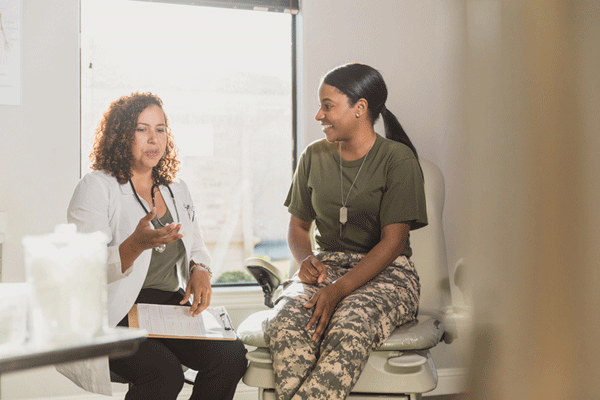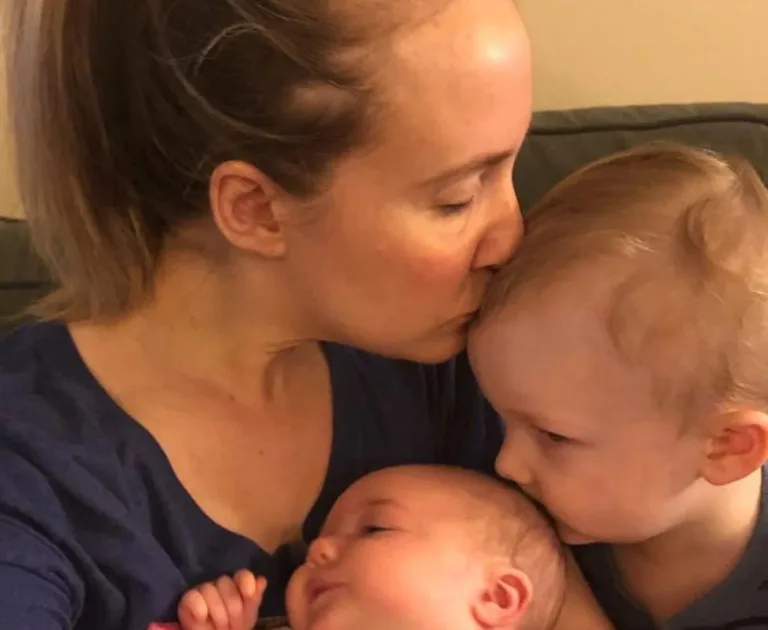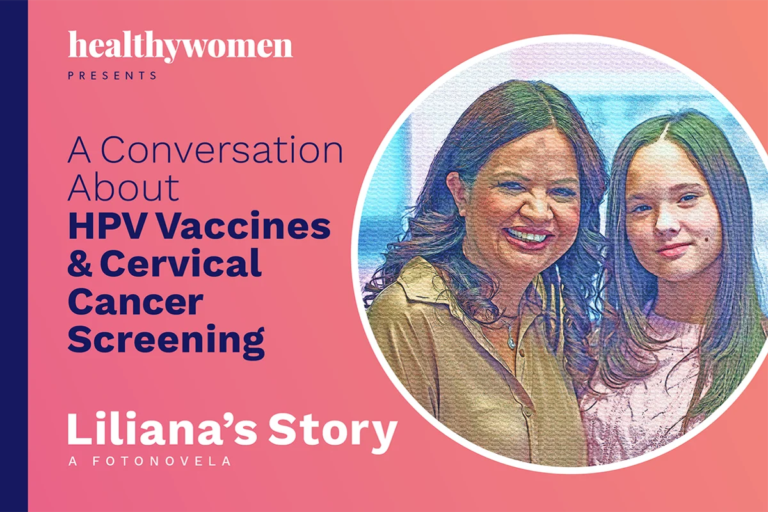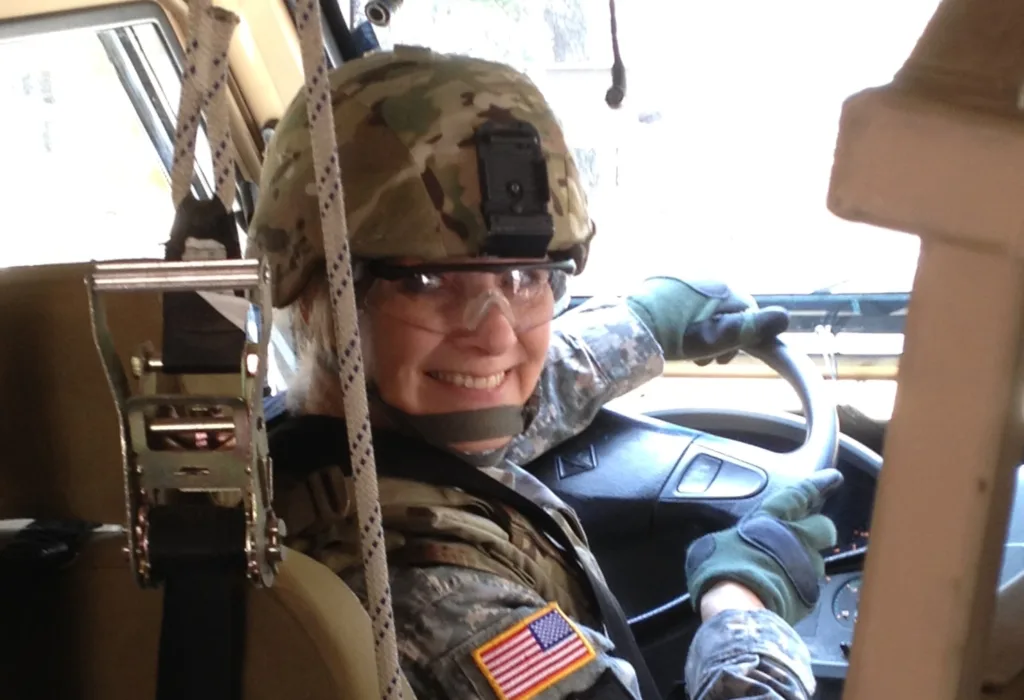As told to Nicole Audrey Spector
I served on active duty and reserves in the U.S. Army for 39 years. My work allowed me to see parts of the world that most Americans never set eyes on. I was deployed to combat tours in Iraq (twice), Afghanistan and Bosnia. My military career in civil affairs was technically focused around building stability, enabling local government and improving the quality of life in war-torn countries. In other words, my job was to win over the hearts and minds of the people. It was important and necessary work.
During my military career, I was often exhausted, had blood in my urine, and always felt like I had a urinary tract infection (UTI). Each time I saw a medical provider, they dismissed my symptoms as routine UTIs, although I later found out that having blood in your urine (hematuria) can be deadly serious.
Antibiotics were always the go-to treatment.
Most of the time my symptoms seemed minor. I chalked them up to stress, getting older and being overseas working long duty hours.
Once my active duty service ended, I transferred to the reserves and went back to my home community. It was then that I noticed an increase in my symptoms and blood in my urine again. Everyday activities became a challenge.
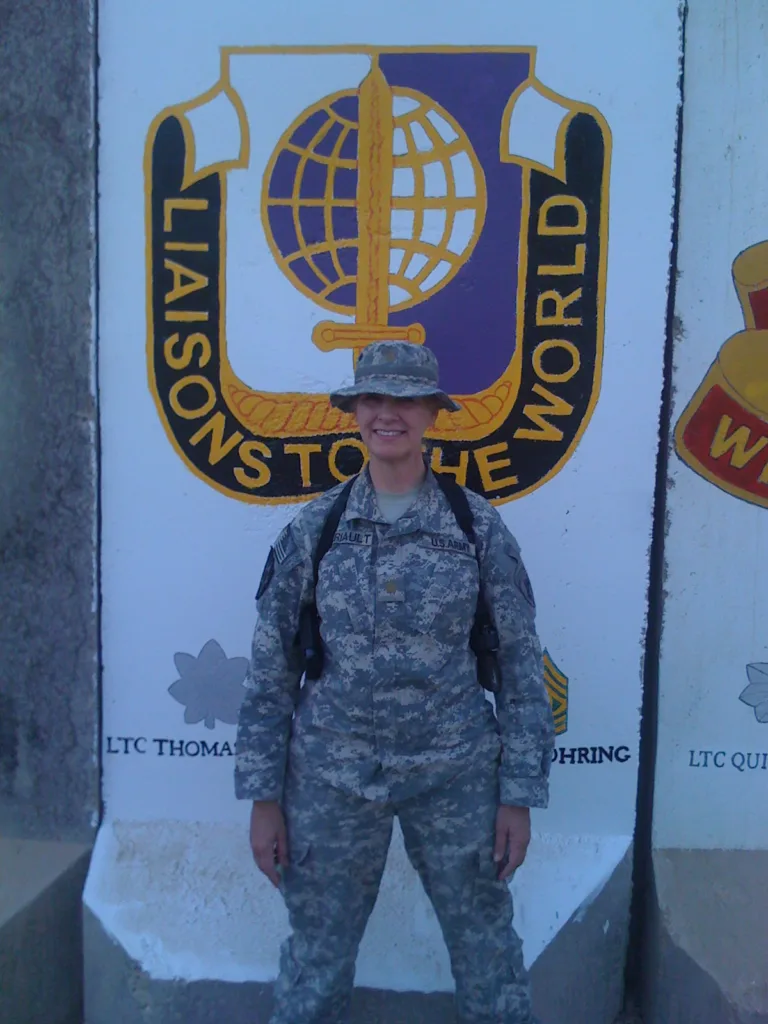
I went to urgent care and was given three rounds of antibiotics to take over the next six weeks. Thanks to the concern and guidance of friends with more medical knowledge than me, I was led to a urologist who prescribed two additional rounds of antibiotics followed by a cystoscopy — a procedure used to diagnose bladder diseases and conditions.
Within moments of the cystoscopy, the urologist told me I had bladder cancer.
Shocked and confused, I asked, “How can you know I have cancer without a biopsy?”
The urologist said, “I’ve been here 18 years, I know what bladder cancer looks like.”
Surgery prep began that day. I had a CT scan the next day and a surgery called transurethral resection of a bladder tumor (TURBT) the following week. The surgery, which usually takes 45 minutes to complete, took more than three hours for me — and I had to stay overnight at the hospital.
I was told that the tumor in my bladder was close to the size of my uterus and had spread outside the muscle wall.
As it turned out, I had an especially aggressive kind of bladder cancer known as carcinosarcoma or sarcomatoid bladder cancer. And it’s rare: Only about 3 out of 100 people with bladder cancer have this type of cancer. I had a poor prognosis. I was stage 4 — the most advanced stage. My only option for survival was to have a cystectomy, a surgery to remove my bladder. I would also need many lymph nodes removed.
I just couldn’t wrap my head around it all. I didn’t want to live with a urostomy bag, which I would need after the procedure. I would be, as I’ve since learned to fondly think of it, “a bag lady” for life. I would be launched into a new normal. This was hard to imagine.
But I signed up for the surgery. I wanted to get better.
Not long after the surgery, I was back doing one of the things I Iove most in this world: competitive ballroom dancing. Much to my amazement, my urostomy bag was totally unnoticeable to others while I was on the dance floor!
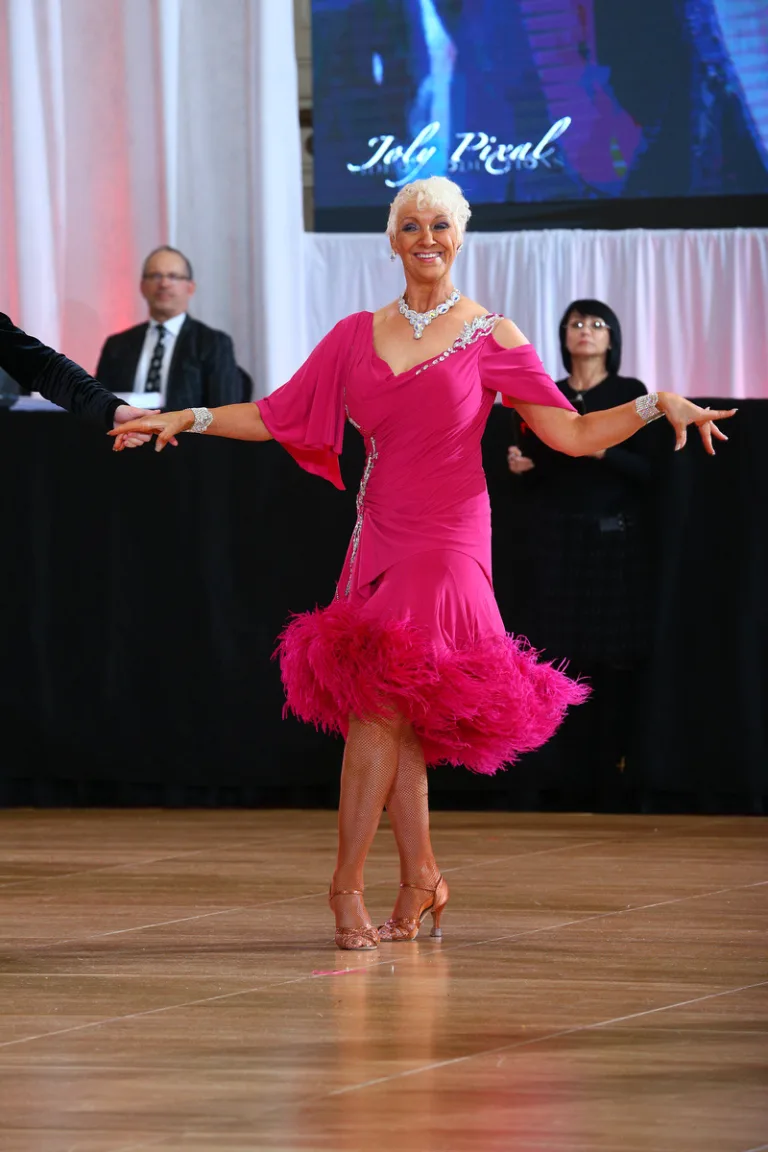
But things would get even better. To my doctors’ surprise, after the removal of my bladder, I was found to be cancer-free.
Doctors had merely hoped to lengthen my life, not save it. Lots of joyous tears were shed.
My entire journey with cancer was challenging, but the trick, I found, was to not bite off more than I could chew. In other words, rather than thinking: tumor removal, cancer, chemo, hair loss, recovering from surgeries, possible death!, I focused on one piece of information at a time.
It takes a village to fight a war against cancer, so I always brought friends and family to my medical appointments. This was key not only because they provided emotional support but also because they caught details that I may have missed in the trauma of the moment.
I also had tremendous faith in my medical team. They were my secret weapon — invested in saving my life. Plus, the military had made me strong — strong enough to feel able to fight this potentially life-ending disease.
My best moments during my journey were living for each good day — and waking up shocked I made it to see another.
Still, I often wondered what in the world had caused this aggressive cancer to take root in me. Bladder cancer occurs most often in men, smokers and people in their mid-70s. I was none of those things.
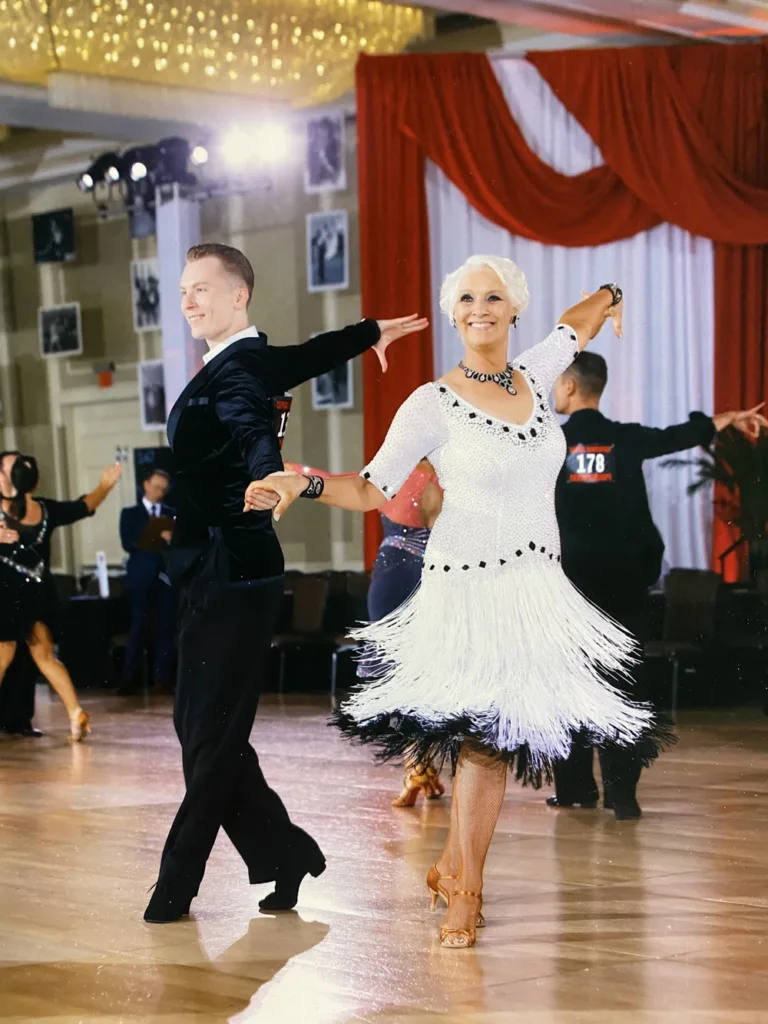
So what caused my cancer? Well, I think — and so does my medical team — that it was caused by environmental toxins I was exposed to while deployed in the military.
I have been on the Gulf War Syndrome and Airborne Hazards and Open Burn Pit registries for the Veterans Administration (VA). Yet I’ve still been denied disability benefits from them.
This is because bladder cancer is not included in the PACT Act, which recognizes surrounding organs and cancers, including the kidneys. Why is bladder cancer, which is known to be linked to environmental contamination, not acknowledged? I’m working passionately with state legislators and the VA to see this changed.
I am determined, and I believe those of us who have, had or will have bladder cancer will win and get the PACT Act to acknowledge us.
As I always say, “You don’t have to build Rome, you just have to build a little piece of it.” That is what I focus on in my life, along with being the squeaky wheel.
That, and dancing like there’s no tomorrow.
Have a Real Women, Real Stories of your own you want to share? Let us know.
Our Real Women, Real Stories are the authentic experiences of real-life women. The views, opinions and experiences shared in these stories are not endorsed by HealthyWomen and do not necessarily reflect the official policy or position of HealthyWomen.


